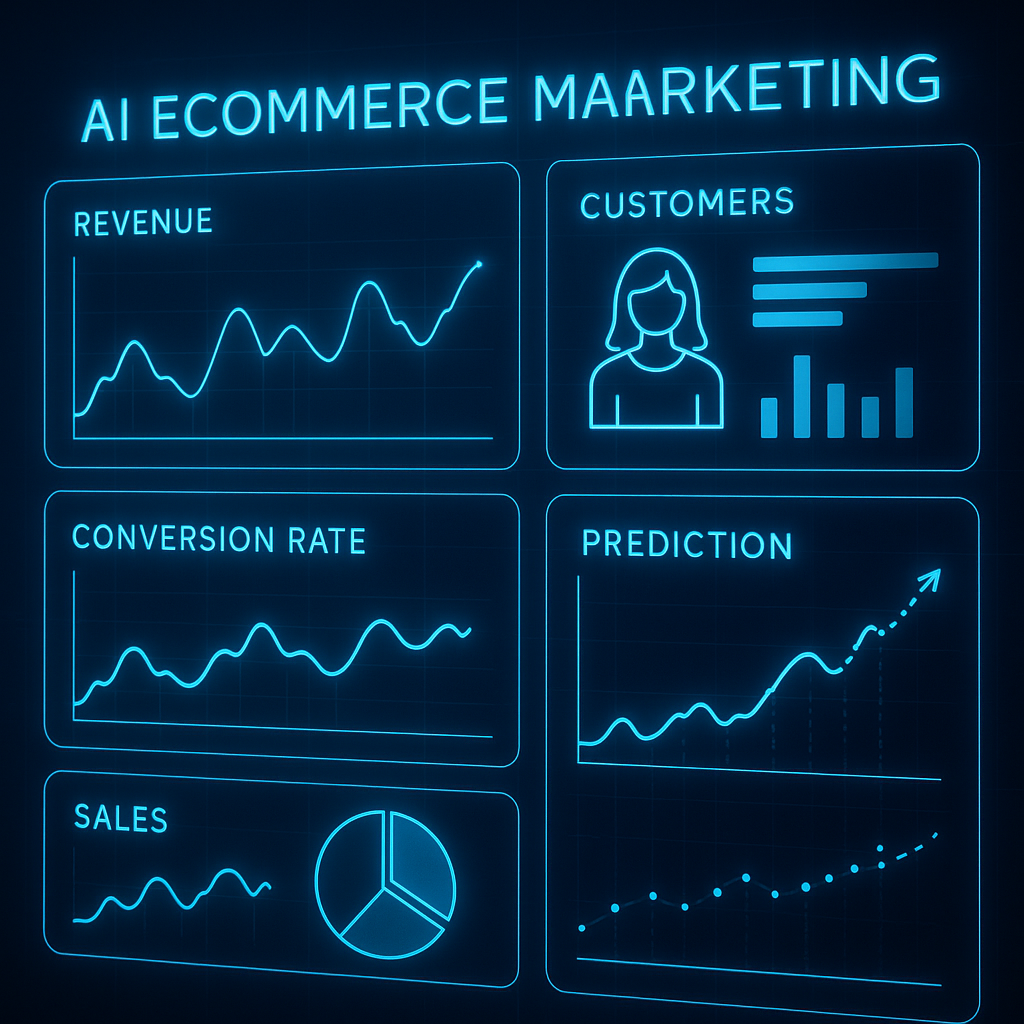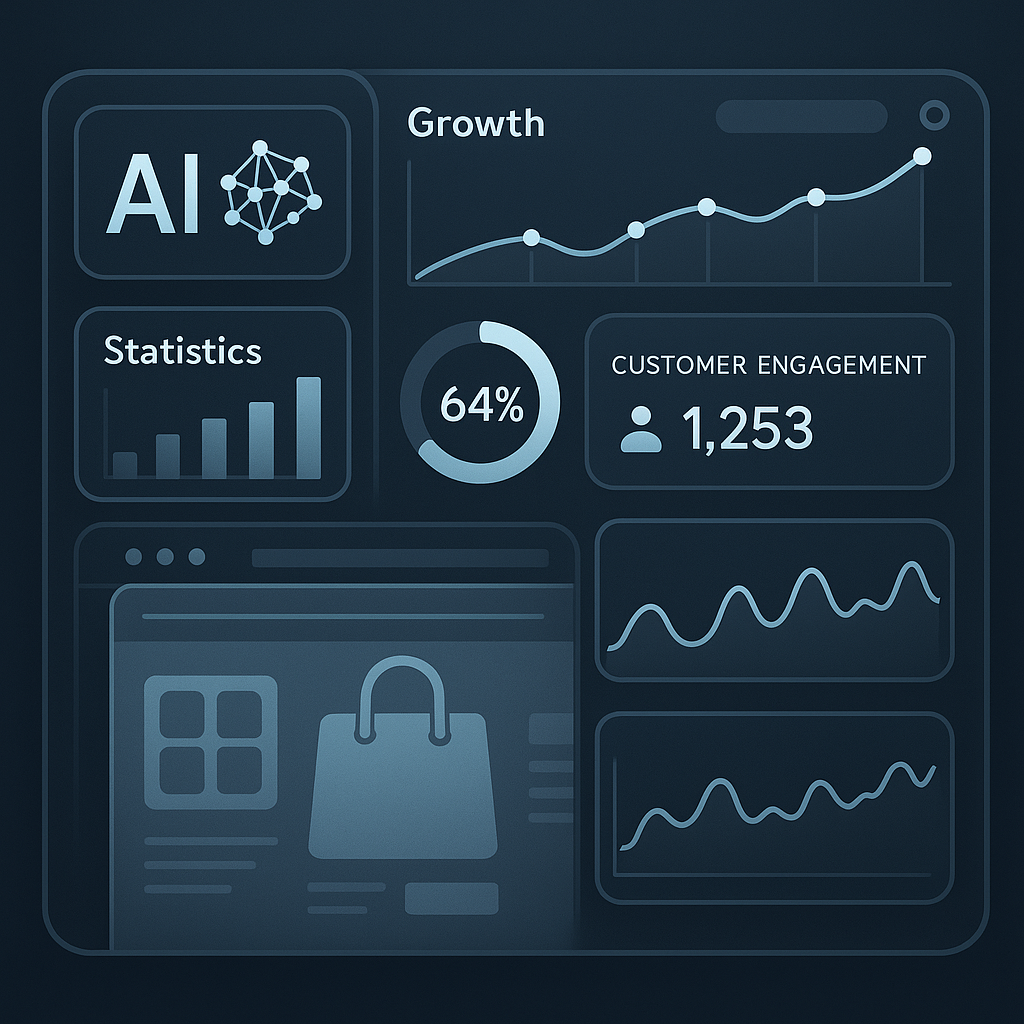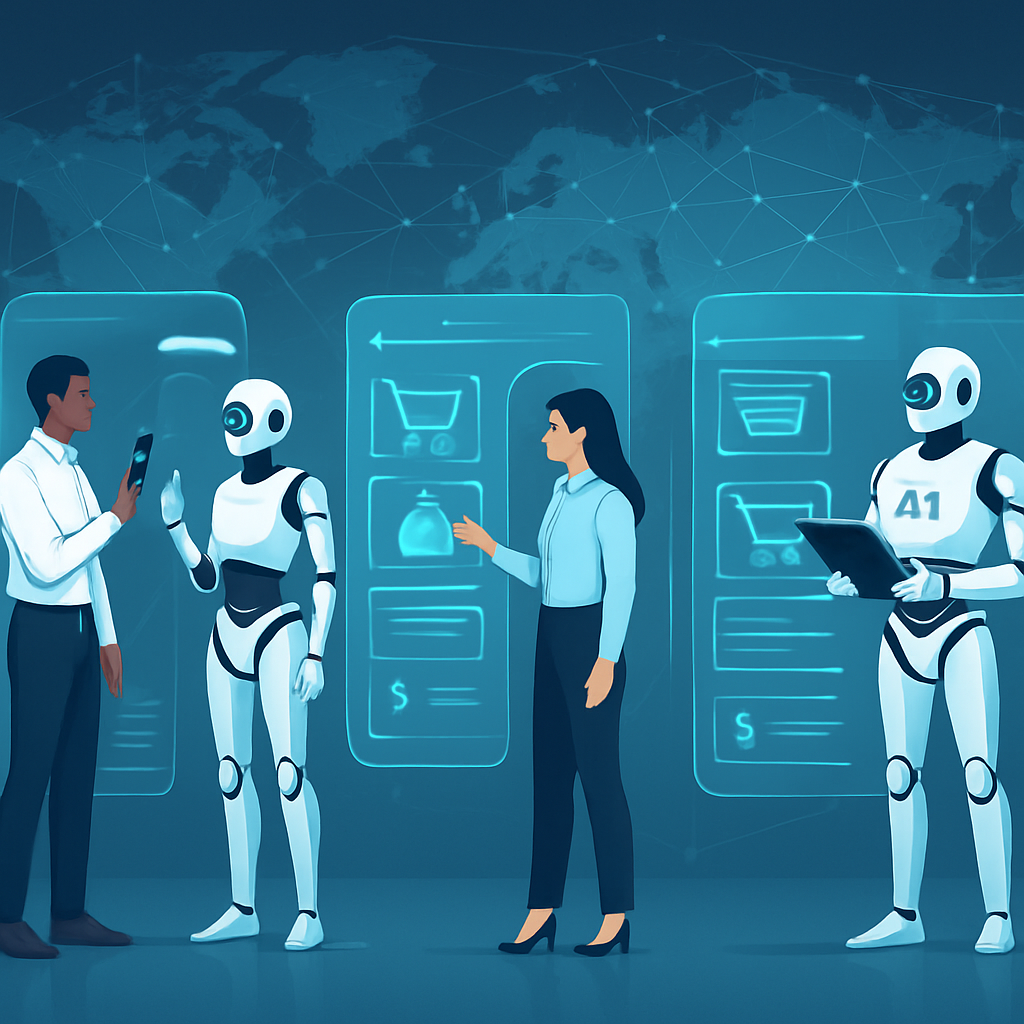
Maximizing ROI with AI-Driven Ecommerce Marketing Platforms: A 2025 Guide
Introduction: the ai-eCommerce Intersection in 2025
In an era where digital competition intensifies, ecommerce marketers are turning to artificial intelligence to not only streamline operations but also maximize return on investment (ROI). AI-driven ecommerce marketing platforms have evolved into indispensable tools, crafting personalized experiences, predicting trends, and automating complex campaigns with unprecedented efficiency.
Core Elements of AI-Driven Ecommerce Marketing Platforms
1. Hyper-Personalization Powered by AI
The foundation of contemporary ecommerce marketing lies in delivering tailored content. Modern platforms leverage deep learning algorithms that analyze individual consumer behavior, purchase history, and real-time engagement across channels. This enables dynamic content delivery such as personalized product recommendations and targeted promotions, increasing conversion rates and customer lifetime value.
2. Predictive Analytics for Smarter Decisions
AI models extrapolate patterns from vast datasets, forecasting demand fluctuations and consumer preferences. This predictive capability allows merchants to optimize inventory management, tailor marketing budgets, and devise pricing strategies aligned with market dynamics, thereby enhancing profit margins.
3. Automated Campaign Management
By automating segmentation, channel allocation, and bidding strategies, AI-driven platforms alleviate manual workload while rapidly adapting campaigns based on live performance data. This adaptability maximizes marketing efficiency and reduces wasted spend.
Practical Strategies to Maximize ROI with AI-Driven Platforms
Data Integration for a Unified Customer View
Integrating data across touchpoints—websites, social media, CRM, and sales—creates a comprehensive customer profile. For example, a multinational apparel brand used AI to consolidate offline and digital data streams, discovering new upselling opportunities and improving customer segmentation, resulting in a 28% increase in average order value within six months.
Leveraging Contextual AI for Dynamic Experience
Contextual AI modifies marketing messages in real time based on dynamic environmental data such as weather, location, or trending topics. Consider a global cosmetics retailer that implemented AI-powered banners adapting to regional weather conditions, boosting click-through rates by 35% during promotion cycles.
Testing and Optimization Through Reinforcement Learning
Reinforcement learning algorithms continuously test and refine marketing tactics, selecting the highest performing approaches autonomously. A case study of an electronics ecommerce platform revealed that AI-driven optimization doubled their ROI on paid advertising by reallocating spend towards high-yield segments and ad creatives.
Enhancing Customer Support via AI Assistance
AI-driven chatbots and virtual assistants not only reduce customer service costs but also gather valuable behavioral data, enabling marketers to further refine targeting strategies. A notable online furniture company reported a 40% reduction in cart abandonment after deploying AI chatbots that provided real-time product advice and support.
Key Challenges and Mitigation Tactics
Data Privacy Compliance
With increasing regulations worldwide, ecommerce platforms must ensure AI systems operate transparently and respect user consent. Employing privacy-preserving machine learning techniques such as federated learning can maintain personalization without compromising data security.
Bias in AI Models
Biased algorithms can skew targeting and alienate customer groups. Regular audit of AI models and inclusive dataset training help ensure equitable marketing approaches that resonate across diverse demographics.
Integration Complexity
Seamlessly combining AI platforms with existing ecommerce infrastructure requires expertise. Phased implementation and utilizing AI solutions with open APIs can streamline adoption and reduce operational disruptions.
The Future Outlook: AI’s Expanding Role in Ecommerce Marketing
Emerging AI innovations, such as generative AI for content creation and autonomous marketing agents, will further revolutionize ecommerce marketing. Platforms are beginning to incorporate multimodal AI that unites visual, textual, and transactional data to craft fully immersive and interactive shopping experiences.
Conclusion
Maximizing ROI with AI-driven ecommerce marketing platforms in 2025 depends on strategically leveraging advanced personalization, predictive analytics, and intelligent automation. Businesses that master data integration, safeguard privacy, and continuously optimize AI models position themselves to outperform competitors and foster deeper customer loyalty in an ever-evolving digital market.






